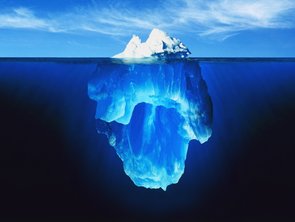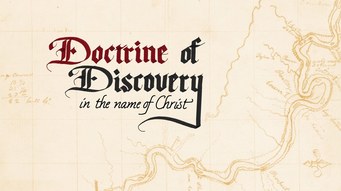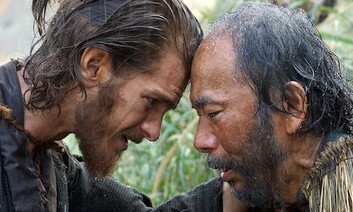
This of course is only one side of Holocaust Remembrance because in the midst of that horror there are stories of generosity and heroism and we are as implicated in those as we are in the other. If it’s possible for us to engage in terrible acts of violence and cruelty, it’s also possible for us to display great acts of heroic generosity and charity. One of the surprising things about the stories we hear from survivors and we even see in those who have survived war is the indomitable spirit of human beings. I can hear stories and see events which I think would destroy me but people go on living against the odds and make a life for themselves. And that potential is within me too. There’s no doubt the effects of these atrocities must affect people psychologically and spiritually but many manage to live and make something of themselves, coming to terms with what has happened. Some of the survivors I know have spent their lives telling their story in spite sometimes of the pain this has caused them in the hope that such horror will not happen again.
Genocides don’t happen all at once. Attitudes such as zenophobia create a seed bed in which hatred of others can flourish, something that seems to be growing all over the world and of which the daily news makes us so aware. The Holocaust Educational Trust points to indicators that can form the path to genocide. Early steps are a lack of respect for diversity, dividing the world into them and us, stereotyping ‘them’, excluding ‘them’ and dehumanising others through the use of language such as cockroaches in Rwanda, vermin in Nazi camps. And this can happen subtly and quietly so that we can be unaware of how conditioned we are becoming until violence and hatred erupts. Frighteningly I hear this kind of language today and am very aware of it in the media, particularly social media. It’s so important to be aware of it, to listen to our own language, to be careful not to divide the world into them and us, to be respectful of others, to allow them their differences and to rejoice in diversity.
The theme for this year’s Holocaust Memorial Day was; ‘How Can Life Go On?’ How can we continue to live when so many others have died, how are people to survive in the light of such unimaginable suffering, how can life be rebuilt after such trauma? Author and survivor of the Holocaust, Elie Wiesel has said:
'For the survivor death is not the problem. Death was an everyday occurrence. We learned to live with Death. The problem is to adjust to life, to living. You must teach us about living.'(1)
These are important questions which face survivors of genocides but I think they can resonate with all of us who long for a world of peace and harmony. I’m sure we all have a feeling of hopelessness as we view on our television screens the violence and atrocities perpetrated not just in the Middle East or parts of Africa and Asia but also on European soil. How can I live comfortable at home, speaking out about justice, doing my best to make the world a better place in my own small way while all this suffering is happening all around and I have personally experienced nothing of it? I have to believe that my own small efforts to make the world a better place, to help people appreciate difference, to give them opportunities to learn about other faiths and encounter others can contribute to the wellbeing of the human race and hopefully set free a good energy into our world. I’m reminded, as I often am, of the image of the iceberg. The hatred and hostility of others is the tip of the iceberg, the attitudes to diversity and strangers create a climate that keeps the iceberg alive, so to speak. To change the climate and temperature of the ocean is could lead to the iceberg melting. I’m hopeful that all our efforts for justice, interreligious dialogue, peace, reconciliation can contribute to the general atmosphere which will reduce the overt signs of hatred and violence.
I hope, believe and trust that this is so. To do otherwise would be to despair.





 RSS Feed
RSS Feed
